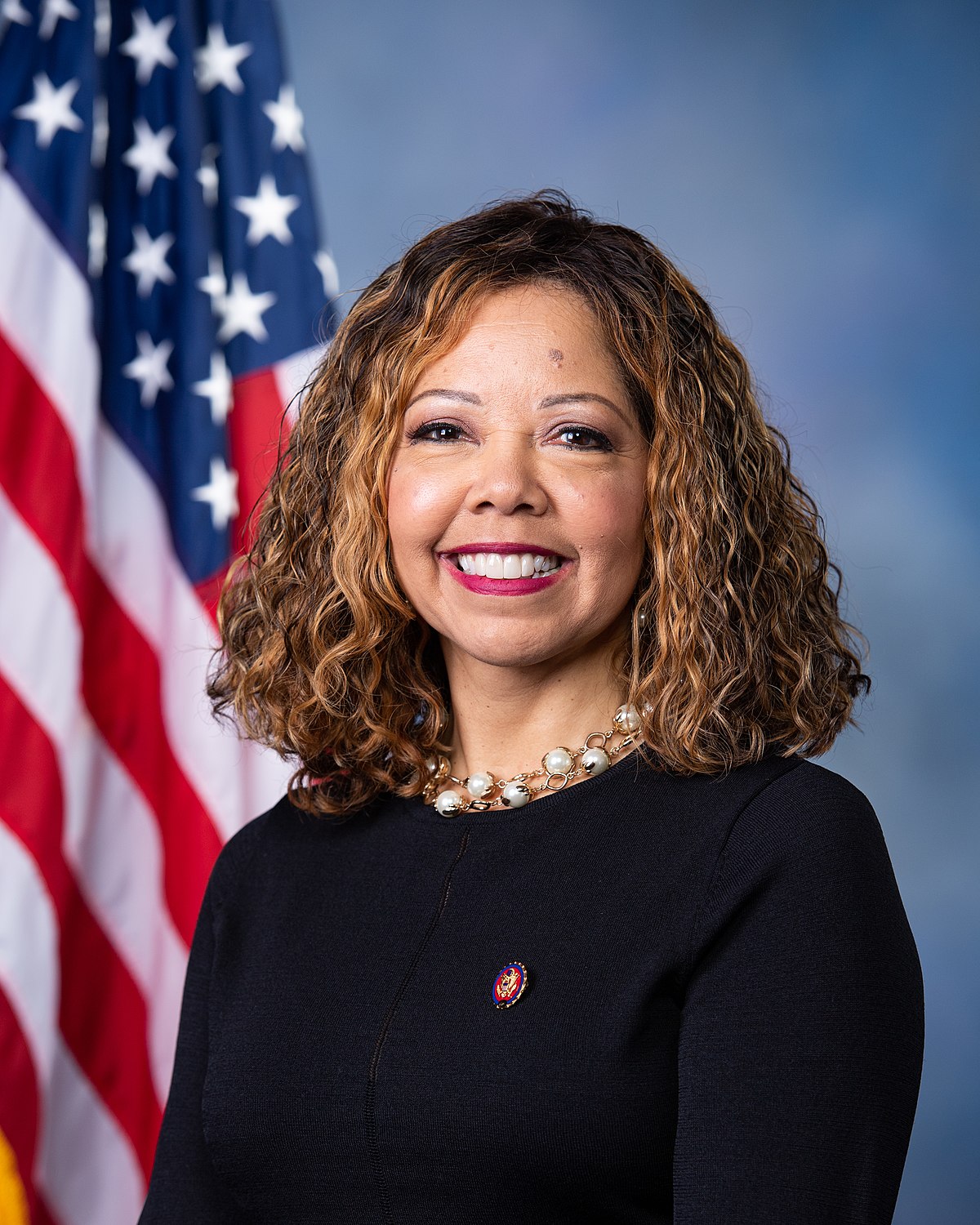Virginia Louisa Minor was born in Virginia on March 27, 1824. Her parents were Warner and Marie Timberlake Minor. She was educated both at home and at an academy for young ladies in Charlottesville. She is reported to have been “sweet and retiring-looking” and possessed “ladylike manners” and an “old-fashioned” charm (U.S. National Park Service). In 1843, at age nineteen, she married her distant cousin Francis Minor. He was four years her senior, a lawyer with degrees from Princeton and University of Virginia. The two moved to St. Louis, Missouri after their marriage, where they bought a farm in what is now the trendy Central West End.
Although both Francis and Virginia had been raised in Confederate states, they actively supported the Union during the Civil War. Virginia was involved in the St. Louis Ladies Union Aid Society, which was the largest branch of the Western Sanitary Commission. The Minors also donated produce from their farm to soldiers in the nearby Benton Barracks. Working with her peers in support of the Union’s war effort, Minor’s convictions in the necessity of political equality for women strengthened. Although she held these beliefs, she did not become active in the Woman Suffrage Movement until her family was hit by tragedy. Her only son, Francis Gilmer Minor, died in a shooting accident in 1866. He was fourteen years old. After her son’s death, Virginia chose her life’s work to be advocating for suffrage for women.
The following blog posts will detail Virginia Minor’s work and advocacy in the years between her son’s death and her own in 1894. The year after Francis Gilmer’s death, Minor co-founded Missouri’s first Woman Suffrage Association. In 1872, as part of a push by suffragists to reach out and grab the voting rights that they argued were inherent in their rights as American citizens, Minor’s voter registration was rejected. She and her husband sued the registrar, and in 1875, the Supreme Court ruled in the renowned Minor v. Happersett decision that the right to vote was not inherent in citizenship. Virginia Minor did not quit, though. She went home to St. Louis and continued her organizing and advocacy work until her death. She is buried in Bellefontaine Cemetery in St. Louis alongside her husband and their son. As the conclusion to this project, I plan on visiting their gravesite and exploring the ways we remember suffragists whose names and contributions often go undiscussed and untaught.
My Analysis
Minor’s origin story as an activist reminds me of the origins of groups like Moms Demand Action. While in Minor’s time, women of the Temperance Movement combated the pressing public health issue of rampant alcohol consumption, today groups like Moms Demand Action advocate against gun violence that endangers families, schools, and communities.
I wonder if Virginia Minor would be a member of Moms Demand if she were alive today. On one hand, I think she would, because no parent should have to see their child die because of a gun accident. After experiencing that loss, I feel certain that she would want to prevent it happening to other people. On the other hand, guns were seen in a much different light in the 1860s than they are now in our hyperpolarized, bought-by-the-NRA political climate. Minor might not have seen a need for government regulation of gun ownership and usage. Ultimately, though, I imagine she would have joined Moms Demand. Her instinct after losing a child was to lead a political movement that would eventually enable women like her to use their votes to protect her children. To me, Minor’s engagement looks like a clear predecessor to that of the brave women of Moms Demand Action.
Sources
Harper, Kimberly. Virginia Minor – Historic Missourians – The State Historical Society of Missouri. https://historicmissourians.shsmo.org/historicmissourians/name/m/minor/. Accessed 23 Apr. 2020.
Minor, Virginia L. (1824–1894) | Encyclopedia.Com. https://www.encyclopedia.com/women/encyclopedias-almanacs-transcripts-and-maps/minor-virginia-l-1824-1894. Accessed 25 Apr. 2020.
U.S. National Park Service. Virginia Minor and Women’s Right to Vote – Gateway Arch National Park. www.nps.gov, https://www.nps.gov/jeff/learn/historyculture/the-virginia-minor-case.htm. Accessed 23 Apr. 2020.


